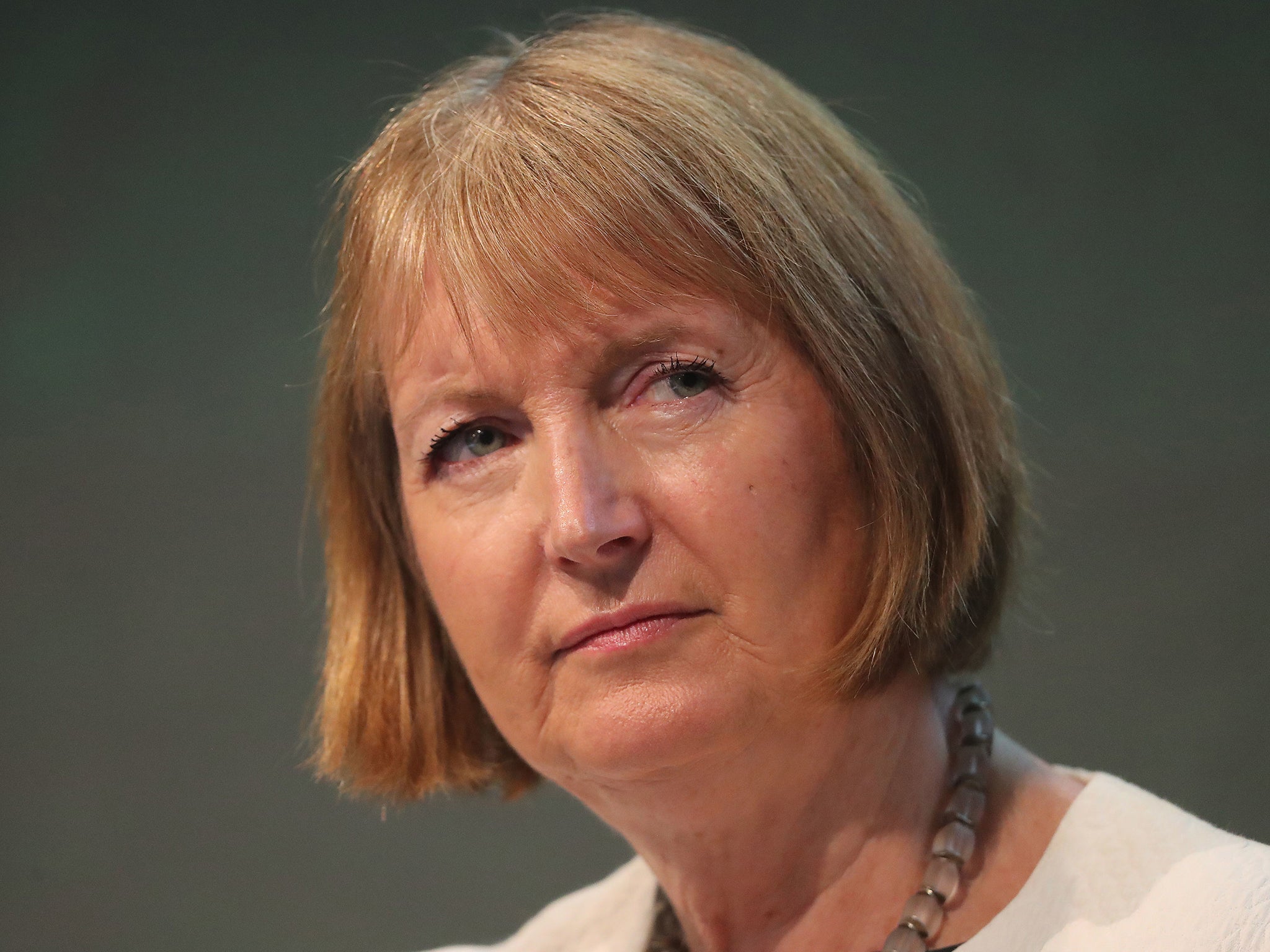What are the civil liberties implications of coronavirus laws?
Parliament’s Joint Committee on Human Rights has warned Boris Johnson of the dangers of Covid-19 measures. John Rentoul takes a look at the group’s main concerns


Harriet Harman, chair of the Joint Committee on Human Rights, has warned the prime minister that emergency legislation to control the coronavirus outbreak risks infringing human rights. In a report published today, her committee of MPs and peers urges the government to ensure that the laws are “justifiable, fair and proportionate”.
The report identifies eight areas of concern:
Lockdown regulations
The report says there has been confusion between guidance and the law; and expresses “concern about the disproportionate impact of policing decisions on young men from black, Asian and minority ethnic backgrounds”.
Test and trace
The committee is worried about protecting privacy if the contact-tracing app is to command people’s confidence.
Rights of people in detention
The committee repeats its “dismay” over the government’s treatment of people in detention, and says it is urgent that visits are resumed as soon as possible. Harman said: “Blanket bans on visits are not justifiable.”
Access to justice
The report gives the government a clean bill of health on this issue, mildly commenting that “those who are digitally excluded or otherwise vulnerable” should not be disadvantaged by the use of live-link technology in courts.
School closures
The committee is worried about the effect of school closures, especially on children with special educational needs and disabilities.
Emergency powers
The committee adds its weight to the demand of Sir Lindsay Hoyle, the speaker of the Commons, that the government should announce its decisions to parliament first, especially when fast-tracked emergency legislation is proposed.
Public inquiry
The report calls for the public inquiry to consider: deaths in detention settings; deaths of healthcare and care workers and the availability of PPE; deaths in care homes due to early releases from hospitals; and deaths of transport workers, police and security guards due to inadequate PPE.
Right to protest
Until August, protest was not a reasonable excuse for a public gathering under the emergency regulations: the report says: “It is not clear that this was a proportionate interference” with the rights of free speech and free assembly. Even after protest was allowed, Piers Corbyn, the anti-lockdown protester, was fined £10,000 for organising a demo without carrying out a risk assessment and taking all reasonable measures to limit virus transmission. The report adds: “It is important that there is a consistent approach taken to preventing gatherings whether they be VE Day celebrations or Black Lives Matter protests.”




Join our commenting forum
Join thought-provoking conversations, follow other Independent readers and see their replies
Comments